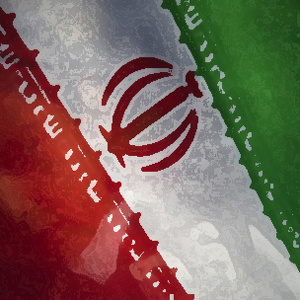The Week in Iran

The saga of Mahdi Hashemi –a primary suspect in the fomenting of unrest after the 2009 presidential election- resurfaced in pro-Ahmadinejad media (Iran, Kayhan, Vatan-e Emrooz and affiliated websites). Early in the week, in a letter to Prosecutor General Mohseni Ezhe’i, Mahdi Hashemi –who left the country a few weeks after the post-election unrest exploded- claimed that he has received no legal documents summoning him to court and that he’s ready to attend a trial whenever a fair and preferably open tribunal is held. In response, Gholam-Hossein Ezhe’i asserted that Mahdi Hashemi had been subpoenaed nine months ago. First Deputy of the Judiciary Ebrahim Raeisi made a stronger threat against the son of Akbar Hashemi Rafsanjani, stressing that he will be arrested and imprisoned if he returns to the country.
Five months after the formation of a task force to settle legal disputes between Majles and the government, Speaker of the Guardian Council Abbas-Ali Kadkhodayi appeared in front of the media to present the conclusions of the joint committee. His remarks sparked a wave of protest by key Principlist members of the parliament –particularly Ahmad Tavakkoli- who claimed that what had been announced as conclusions of the task force –and in favor of the government- is actually the desire of the Head of the Guardian Council Ayatollah Ahmad Jannati.
In a tribute ceremony for pro-marriage philanthropists, Ahmadinejad once again made controversial remarks that triggered, albeit short, waves of response, even by governmental officials. The president shrugged off the necessity of financial resources for marriage and said that the country should try to reduce the age of marriage to 16 or 17 for girls and 20 for young boys. Promoting easy marriage, as Ahmadinejad said, “will repel the Devil thousands of light years away from us.” He also claimed that housing will no longer be a concern of Iranian citizens by the end of the Tenth Administration’s term and unemployment will also be tackled after the government implements the Purposeful Subsidies’ Plan.
A computer virus, known Stuxnet, also caught the attention of global and Iranian media this week. It is claimed that it was created to attack Iran’s nuclear facilities in order to curtail what Western countries and Israel believe to be a clandestine military nuclear program by Iran. News about the impact of the malware on Iran’s nuclear devices impelled the Head of Iran’s Organization of Atomic Energy, Ali-Akbar Salehi, to reject claims that the worm had caused a one-day stop in Iran’s enrichment activities.

